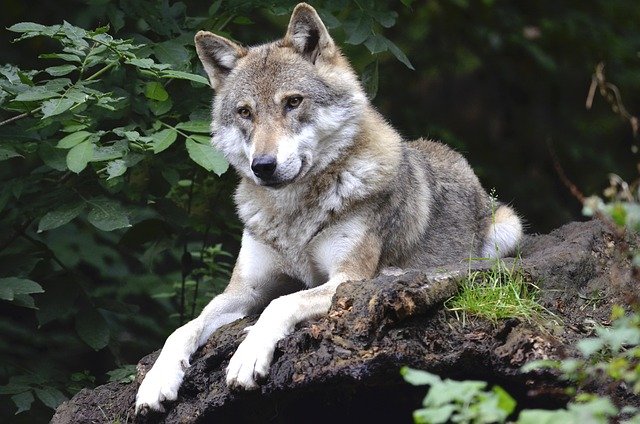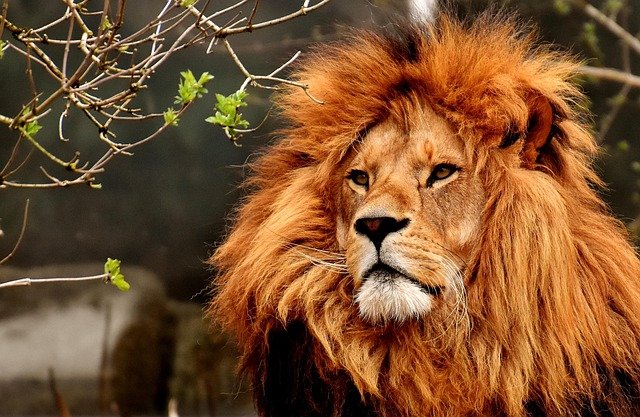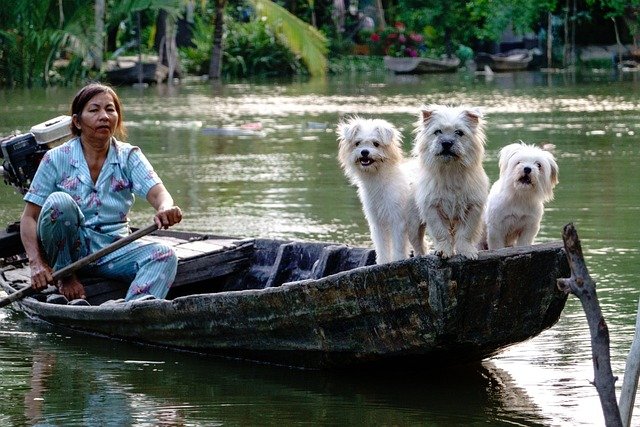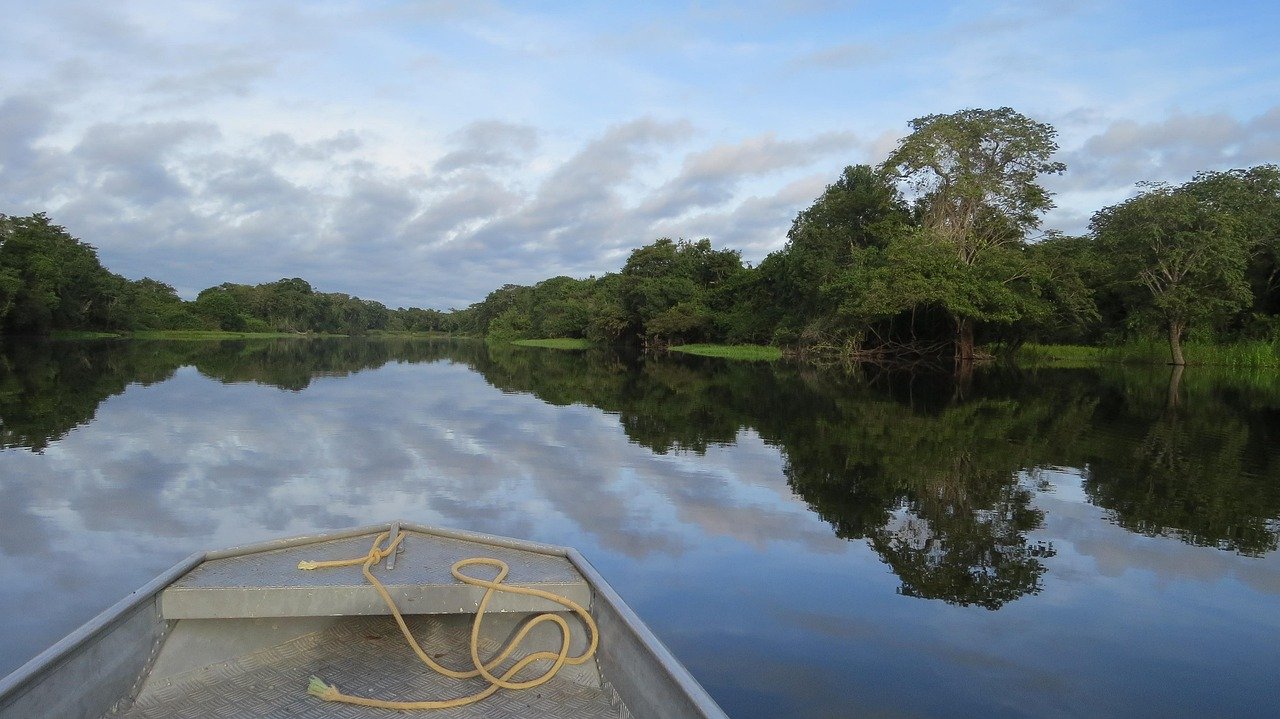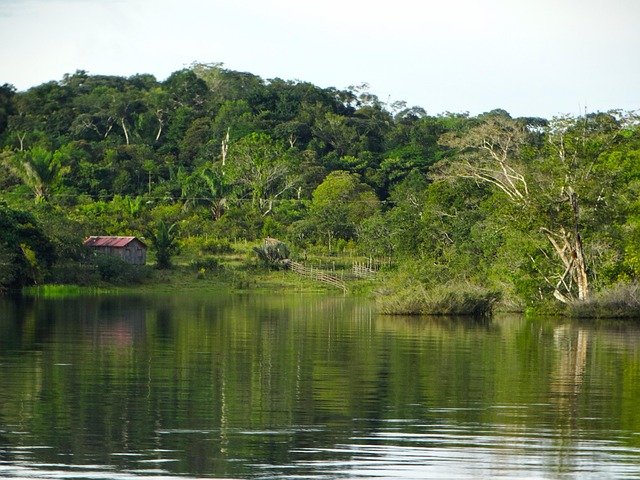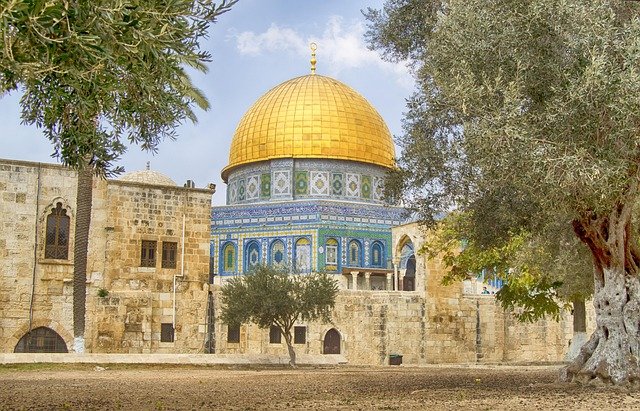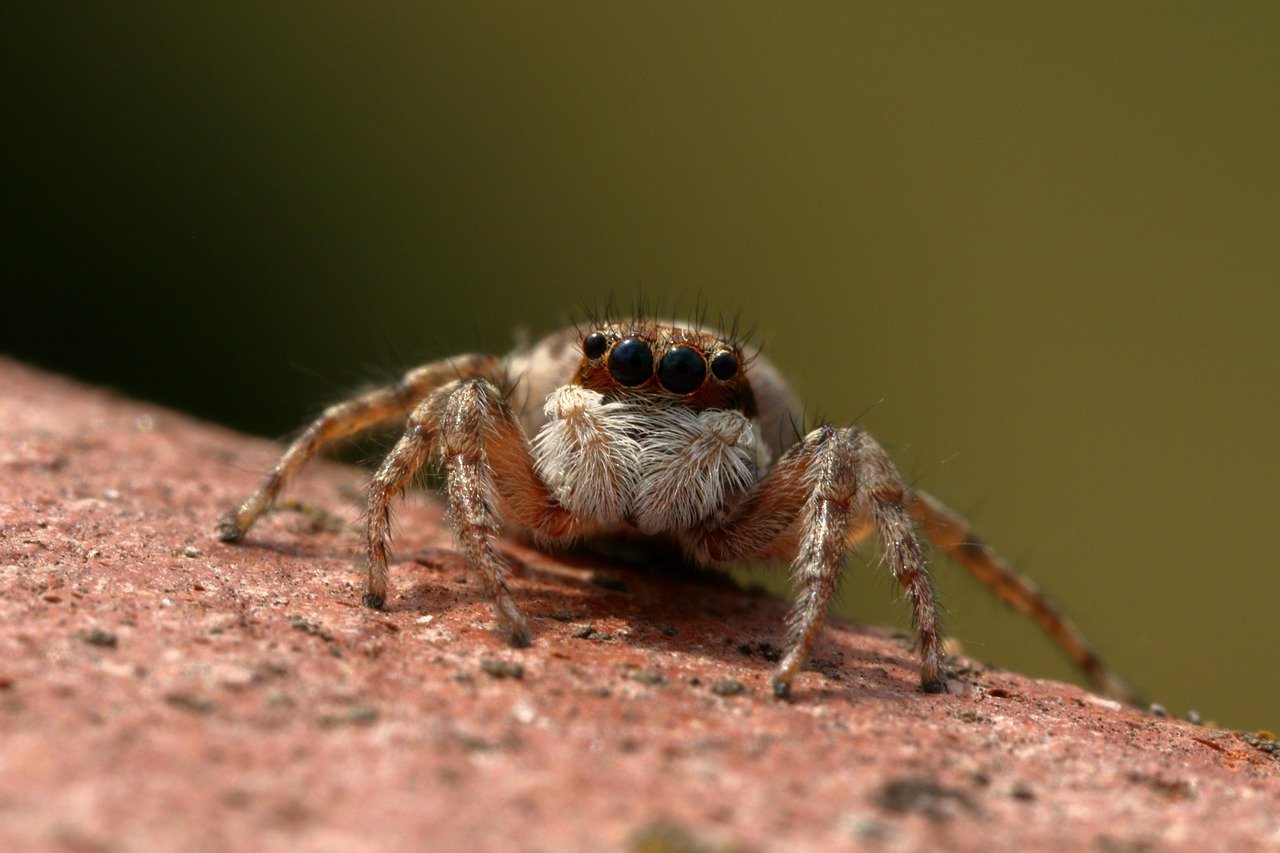
Introduction
Insects may be small, but they are some of the most important creatures on Earth. From bees and butterflies to ants and beetles, insects play a vital role in nature. In fact, scientists estimate that there are over 10 quintillion (10,000,000,000,000,000,000) individual insects alive at any given time! Let’s explore why insects are so important and how they impact our planet.
1. Insects Are Everywhere
Insects can be found on every continent — from hot deserts to freezing mountains, deep jungles to your backyard. There are over 1 million known insect species, and scientists believe there could be millions more we haven’t discovered yet.
Some of the most common insect groups include:
- Beetles – The largest group of insects.
- Butterflies and Moths – Known for their beautiful wings.
- Bees and Wasps – Important for pollination.
- Ants – Living in highly organized colonies.
- Flies and Mosquitoes – Found almost everywhere.
2. Why Insects Are Important
Insects do a lot of work that helps humans, animals, and the environment:
- Pollination: Bees, butterflies, and other insects help pollinate flowers and crops, making it possible for plants to grow fruits and seeds.
- Decomposition: Insects like beetles and flies help break down dead plants and animals, returning nutrients to the soil.
- Food Source: Many birds, reptiles, amphibians, and even humans rely on insects for food.
- Pest Control: Some insects, like ladybugs, eat harmful pests that damage crops.
3. Incredible Insect Abilities
Insects have some amazing abilities:
- Ants can carry objects 50 times their body weight.
- Dragonflies can fly up to 60 km/h.
- Bees communicate by dancing.
- Fireflies produce light using special chemicals in their bodies.
Despite their tiny size, insects are strong, fast, and highly adaptive.
4. Insects and Humans
While many insects are helpful, some can also cause problems:
- Mosquitoes spread diseases like malaria and dengue fever.
- Locusts can destroy entire fields of crops.
- Termites can damage wooden buildings.
However, most insects are harmless and even helpful to people. In many cultures, insects like crickets or grasshoppers are even eaten as a healthy protein-rich food.
5. Protecting Insects and Nature
Today, many insect populations are declining due to pollution, pesticides, and loss of habitat. This is dangerous for the environment because insects help keep ecosystems balanced.
You can help by:
- Planting flowers for bees and butterflies.
- Avoiding chemical pesticides.
- Supporting natural conservation efforts.
Conclusion
Insects may be small, but they are powerful players in the story of life on Earth. Without them, the planet wouldn’t work the same way. So next time you see a tiny ant or a buzzing bee, take a moment to appreciate how important these little creatures truly are.
